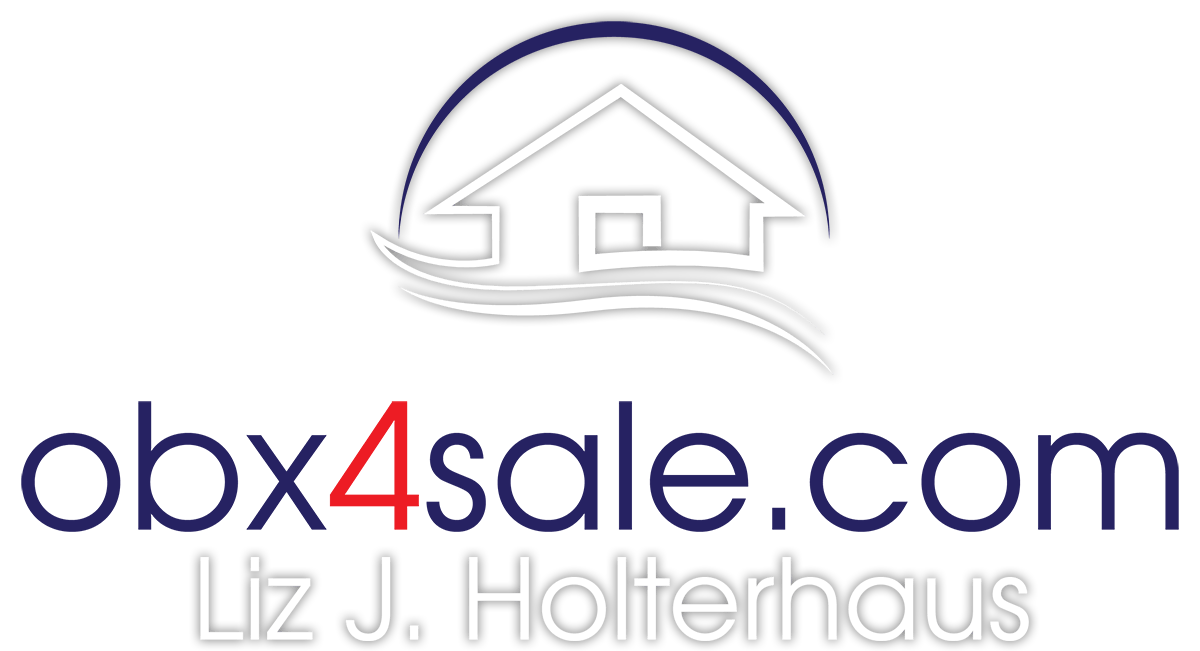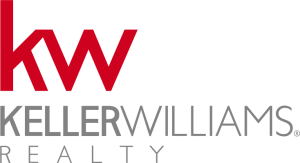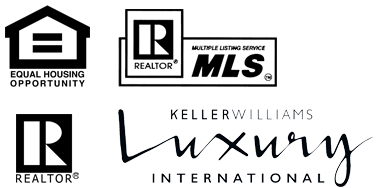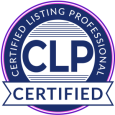Deciding to sell a home isn’t as simple as putting the house up for sale and selecting a buyer. Homeowners can spend hours or weeks researching similar properties so that they can come up with a realistic asking price. Once their homes have been listed, they also spend considerable hours getting the property ready for sale as they start thinking about their next residence.
Sellers are required to pay certain closing costs. The total can fluctuate from one sale to another. They are also dependent on the type of house that is sold and the city, county, and state.
Selling a home in North Carolina isn’t always easy. It’s important to keep an eye on current market trends and economic conditions. Pay attention to how long comparable houses in your city or neighborhood have been on the market. Patience, determination and a good game plan are essential to success.
Here are some of the most common closing costs for home sellers:
1. Realtor commissions.
Sellers are required to pay the commissions for both the buyer and seller’s agents. This is usually the most expensive component of sellers’ closing costs. Commissions are generally around three to six percent of the home’s sale price on average.
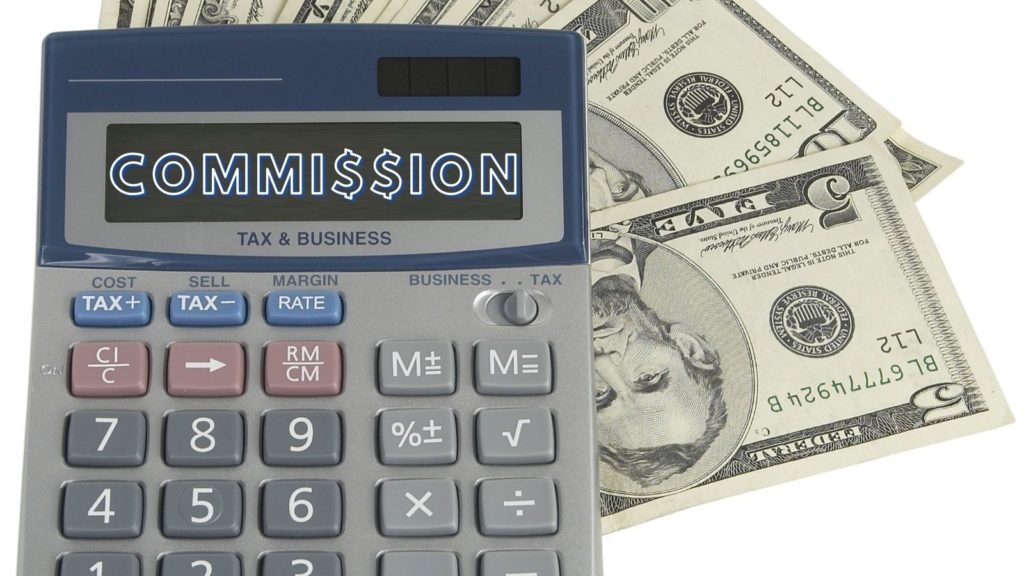
If you’re concerned about this dollar amount, there are a few things that you can do. You could ask your realtor to take a lower commission. This may be acceptable if the realtor is working to sell your current home and helping to find a new house for you. You may opt to hire a discount agent.
These agents may have reduced commission rates, but you’ll probably find that they provide fewer services as well. Another option is to list your home as for sale by the owner. This will require a lot more legwork. You’ll have to advertise and market your property yourself and you’ll still be required to pay the requisite commissions to the buyer’s real estate agent.
2. Property taxes.
A prorated portion of your property taxes will be due. Property taxes are collected once a twice or year by city or state government agencies. The exact amount will depend on when these taxes are charged and when the sale will be completed.

You should be able to request an estimated property tax amount from your county assessor or other local agency that handles these taxes. This will give you a good idea of how much you’ll be expected to pay. Most prorated property tax amounts are a few hundred to a few thousand dollars or more.
3. Transfer taxes.
Transfer taxes are also known as title fees or government transfer taxes. They are charged for transferring the home’s title to the buyer’s name.
Transfer taxes vary from state to state. In North Carolina, they are referred to as an excise tax. This tax is assessed at $1 for every $500 (or subsequent fraction) of a home’s value.
4. Attorney fees.
If an attorney is present at closing, there may be attorney fees that will be due. Real estate attorneys are often called in for estate sales, selling property that was inherited, homes that are in need of significant repair and other sales that are more complicated than most traditional real estate transactions.

Attorneys are not required to be present at closings in North Carolina. You can consult with an attorney to determine whether or not their services would be beneficial. Discuss your intentions and be sure to receive any quotes or pricing information in writing. Attorney fees can easily run in the thousands of dollars or more.
5. Concessions.
Some sellers may choose to offer their buyers a credit that will go towards their closing costs for the sale. This may be necessary if you’re trying to sell your house in a buyer’s market when people have more available properties to pick from. This credit is also referred to as a seller concession or seller assist.
Closing cost credits will lower the amount of money that buyers will need to be able to purchase the home. The exact amount will depend on what was offered. The closing statement should include this and any other respective itemized charges.
6. Association dues.
A prorated part of your homeowners’ association fees will be due if the home that is sold belongs to a townhome, condominium or other type of homeowners association. These charges cover snow removal, lawn care and other regular maintenance of the house and the land that it rests on.

Most association dues are charged monthly, quarterly, biannually or annually. The specific amount that will be owed will depend on when those dues are charged and when the sale will be finalized. You may want to reach out to your homeowners association to get a quote for the prorated dues that you’ll have to pay.
Conclusion
Sellers can expect to shell out about five to ten percent of the home’s sale price in closing costs. This is in addition to any remaining mortgage or other home loan balances.
Once those charges have been paid, you’ll receive the net proceeds from the sale at closing. That money will be yours to do with as you wish. You could set those funds aside for a later time, or put them toward the purchase of another house or other big ticket item.
Whatever you decide, you can rest easy knowing that the sale is finally behind you. It’s time to look forward to starting the next chapter of your active life in another location.
Have Questions? Ask Liz!
Your real estate agent is the best source of information about the local community and real estate topics. Give Liz J. Holterhaus a call today at (252) 202-2156 to learn more about local areas, discuss selling a house, or tour available homes for sale.
